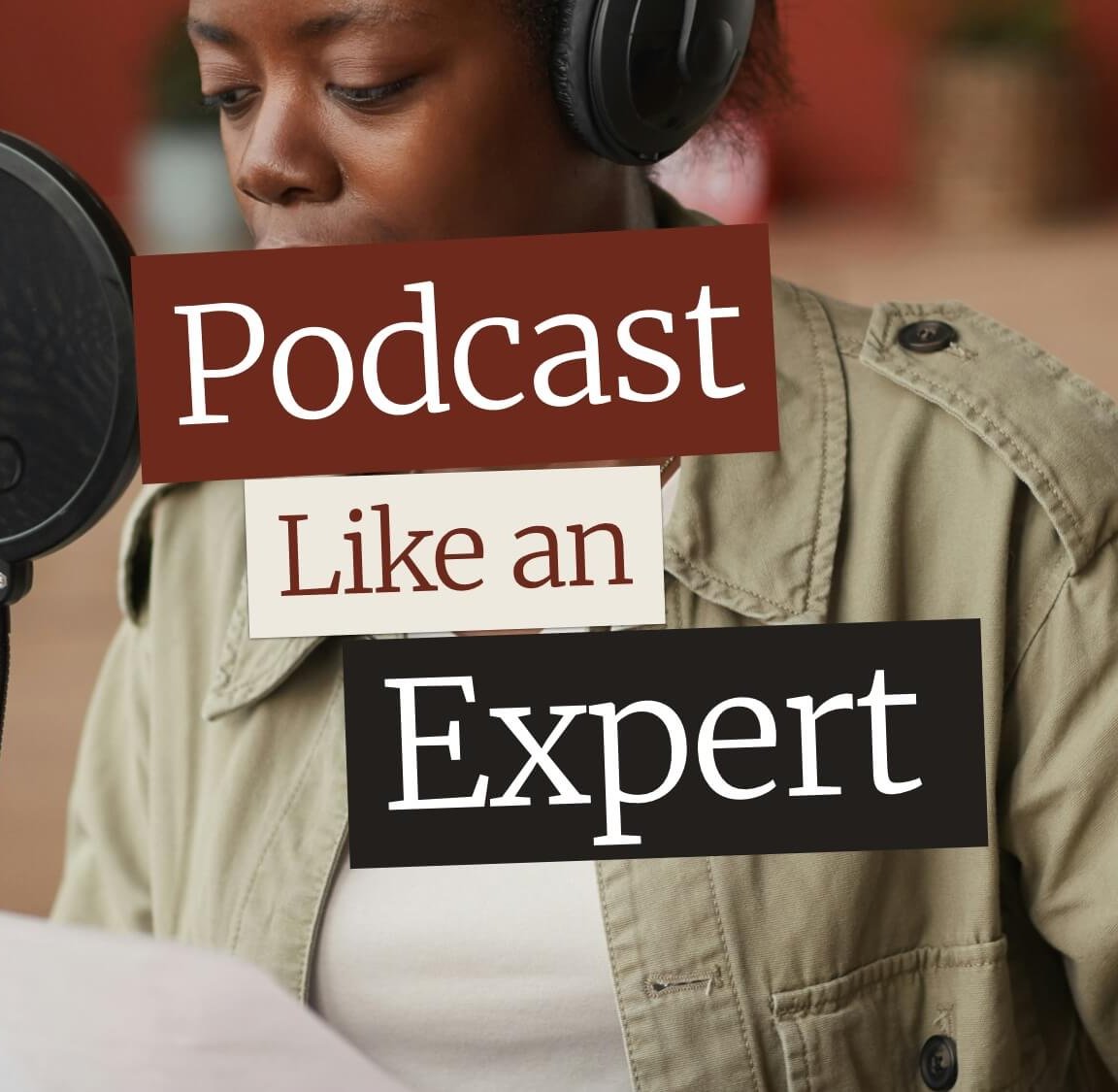When it comes to interviews, we often prioritise the comfort and enjoyment of our guests. We respect their time and want the conversation to be worthwhile for both parties. However, this can lead us to structure our interviews around the guest’s biography, which may not always resonate with our listeners.
Instead, we can plan our episodes around a central question or problem that our listeners are facing. For example, if our podcast focuses on being a neurodivergent leader, we can create an episode discussing the Three Principles and their application in dealing with anxiety.
To structure our interviews, we can use a condensed version of Joseph Campbell’s Hero’s Journey, consisting of three acts:
- The call to adventure
- Tests, allies, and enemies
- Returning with the elixir
In this framework, we think of our guest as the mentor: a retired hero who has returned with valuable insights. The listener becomes the new hero, and our role is to guide the guest in reliving their journey.
For instance, in our hypothetical episode about anxiety in leadership, we can ask the following questions:
- How did you discover the Three Principles?
- How did you implement these principles in your work?
- How can we apply a Three Principles approach to deal with our own anxiety?
Another example is a podcast about songwriting, where we can explore the four chords that make up a huge amount of the pop cannon. We can ask:
- When did you first notice the prevalence of this chord progression in songs?
- How has this well-known chord progression endured over time?
- How can amateur songwriters use this chord progression and avoid sounding like everyone else?
By structuring our interviews in this way, we transition smoothly from the introduction to the guest’s perspective, then to a shared human experience, and finally, to what the listener can take away.
This approach benefits both the guest and the host. The guest gains social proof and authority by sharing their knowledge, while the host demonstrates their understanding and ability to apply the insights to the listener’s everyday life. But most of all it benefits the listener, because they get the insight they want in as little time as possible.
Remember, the focus should always be on the listener’s problem, not just the guest’s background. By planning our episodes around central questions or problems, we create valuable content that resonates with our audience.





Add your response